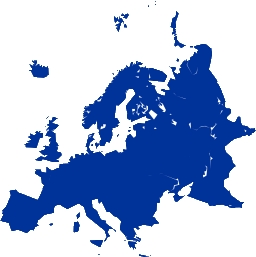
Europe: A time for strategy

In
The idea to review the 2003 European Security Strategy (ESS), put forward notably by French President Nicolas Sarkozy and Swedish Foreign Minister Carl Bildt, did not meet with universal enthusiasm. While not everybody was convinced that the ESS was already in need of updating, some also feared that too divisive debates would be provoked, particularly on Russia, and that the EU would end up with a worse rather than a better document. Hence the somewhat cautiously expressed – and grammatically slightly awkward – mandate given to High Representative Javier Solana by the December 2007 European Council: “to examine the implementation of the Strategy with a view to proposing elements on how to improve the implementation and, as appropriate, elements to complement it”. Just like in 2003, when the draft of the original ESS was discussed, the EU Institute for Security Studies organized a series of seminars, in Rome, Natolin, Helsinki and Paris, in June-October 2008, to debate the implementation of the ESS with academics and policy-makers. All three of us were involved in one or more of these seminars, and in Helsinki we constituted one of the panels, chaired by Daniel Keohane of the EUISS. Our thanks go to the EUISS for inviting us to participate in this exciting exercise. The debate was concluded by the adoption of a Report on the Implementation of the European Security Strategy – Providing Security in a Changing World by the December 2008 European Council,1 which decided to leave the text of the ESS itself untouched. The Report “does not replace the ESS, but reinforces it” and the ESS remains in force. The question now is: will actionable conclusions be drawn from the Report in order to effectively improve implementation of the ESS? For even if one agrees with the decision not to revise the ESS itself, problems of implementation there undoubtedly are. If the process ends here, most observers will rightfully be disappointed. This Egmont Paper summarizes what we see as urgent priorities for the EU to address in order to fulfil its inevitable ambition of being a global strategic actor.
(Photo credit: byHeraldy, Wikimedia Commons )